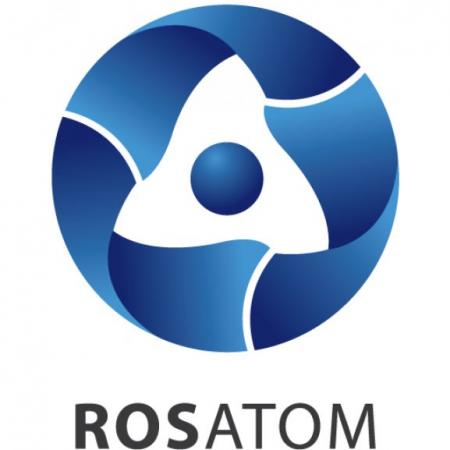I have often mentioned in blog posts that nuclear power has serious international political issues. Major countries with nuclear industries such as the U.S., Russia, China, Japan and South Korea are trying to sell nuclear power reactors to other nations. These are such huge projects that they inevitably become involved with the political and economic relationships between the seller and the buyer. The amounts of money involved are in the billions of dollars and are often financed by special loan arrangements of the selling nation. In some cases, the seller offers to build, fuel and operate the new power reactor for the buyer. This would leave the buyer at the mercy of the seller if the seller decided to stop fueling and operating the reactor because of a political or economic dispute.
Russia is currently negotiating to sell two nuclear power reactors to Hungary for about thirteen billion dollars. Rosatom, the Russian-owned nuclear reactor company, would build and operate the reactors at the Paks nuclear power plant on a fifty year contract. For the first decade, Rosatom would be the exclusive supplier of fuel for the Hungarian reactors. Russian banks would supply loans for up to eighty percent of the cost of the project.
The Hungarian government wants to invest in the project. Because Hungary is a member of the European Union and Russia is not, the deal has to be approved by the European Commission which is reviewing the project. The issue before the Commission is whether or not to allow the Hungarian state to provide financial assistance for the purchase. The Commission is expect to approve the deal soon.
The European Union has been trying to reduce its reliance Moscow for energy. Russia has threatened to shutoff flows of oil and gas to EU member nations in the past during political disputes. Russia recently annexed the Crimea from Ukraine and is currently involved in military conflict in eastern Ukraine. Critics of the Hungarian deal point out that it would not be wise to allow EU nations to become dependent on Russian nuclear power reactors given the past and present behavior of Russia.
Ian Armstrong, a senior analyst at the news and analysis firm Global Risk Insights has said that "In instances where Moscow provides significant financial assistance as part of the deal, like in Hungary, [the deals] also serve as a direct purchasing of influence and political favors from EU member states."
Petr Topychkanov, a fellow in the Carnegie Moscow Center’s nonproliferation program, said that Paks II is a “ticket to the European nuclear market. Success there will help Rosatom to overcome the anti-nuclear lobby in Europe, and to have an upper hand over nuclear competitors in this region."
Czechoslovakia is also considering the purchase of a nuclear power reactor from Rosatom. They are seeking European Commission approval to skip the usual bidding process for their purchase. Unlike Hungary, Czechoslovakia is not interested in a loan from Russian banks and believes that it can get better interest rates for the project elsewhere. Nonetheless, purchase of Russian nuclear technology will still be another way for Russia to consolidate its hold over the nuclear power reactor market in Eastern Europe.
Rosatom began its current aggressive expansion into the nuclear power reactor market with the appointment of a new CEO in 2005. Rosatom claims that it has over a hundred billion dollars in contracts to supply reactors, fuel and services to forty nine countries in the next ten years. Nuclear industry analysts have questioned these numbers and say that some of the contracts are really just preliminary agreements to explore the possible purchase of Rosatom nuclear power systems.
